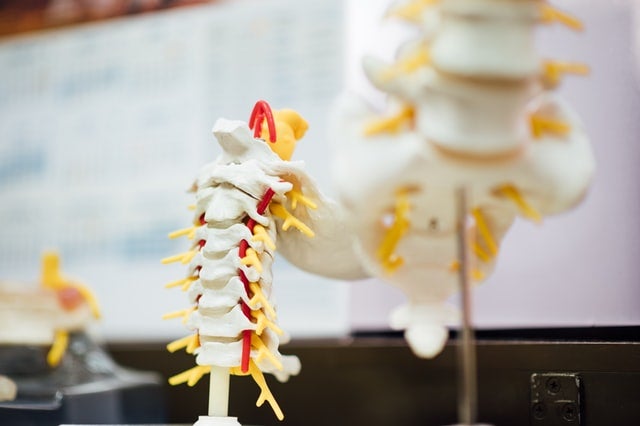
US-based healthcare technology company Medtronic has received the US Food and Drug Administration (FDA) 510(k) approval for its UNiD Spine Analyzer v4.0 planning platform.
The new platform is equipped with a new Degen Algorithm, which leverages machine learning techniques for degenerative spine procedures.
It is said to enable personalised procedures for patients undergoing lower lumbar spine surgery and predicts spinal compensation mechanisms six months after the surgery.
In addition, the platform includes enhancements to the paediatric and adult deformity algorithms that predict compensatory changes to the spine.
Medtronic intelligent data solutions vice president and general manager Dan Wolf said: “Patient by patient, our UNiD Lab engineers have learned from more than 10,000 spine surgery cases to deliver greater insights to surgeons that lead to better patient alignment.
“It is truly exciting to share that we have expanded our UNiD ASI technology to include hardware and software solutions dedicated to helping spine surgeons treat degenerative spinal pathologies, where the majority of spine surgery is performed.”
The UNiD ASI Degen Algorithm will help surgeons achieve spinal alignment through more precise planning procedures and prediction of spinal alignment six months after procedure.
Its UNiD ASI platform leverages a database of more than 10,000 surgical cases to feed algorithms that help surgeons to visualise patients’ alignment before surgery, and customise the surgical plan to be patient-specific.
Medtronic said that its UNiD Spine Analyzer will play important role in surgical planning for degenerative spine procedures, as one-third of degenerative spine patients have a hidden deformity.
According to the studies, the patients are at elevated risk of degeneration of discs if sagittal alignment is not achieved during the procedures, which may lead to revision surgery.
Furthermore, Medtronic has unveiled a new UNiD Hub patient-centric platform that enables surgeons to track patients and analyse surgical results through long-term outcomes data collection.






